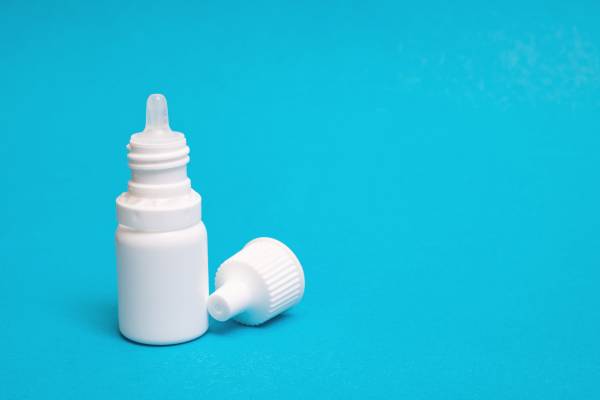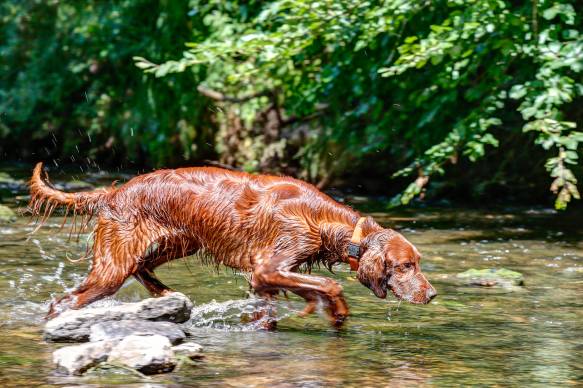Olive oil is a very healthy oil for both humans and dogs. In fact, some vets prescribe olive oil for certain conditions in their canine patients. So, olive oil is safe for dogs. But what happens if they have too much?
Connect with a verified veterinarian in minutes. Licensed vets are available 24/7 to answer your questions. No need to worry about your furry family member.
Olive Oil Health Benefits for Dogs
Olive oil has many health benefits for dogs including:
Weight loss: it can help encourage weight loss by breaking down the fat inside cells and it can reduce insulin sensitivity.
Coat & skin: the nutrients in olive oil, including omega-3 fatty acids & vitamin E, help keep a dog’s fur and skin healthy and moisturized. And olive oil adds a shine to a dog’s coat, too.
Immune system: the nutrients in olive oil can also work to support and strengthen a dog’s immune system, making it more difficult to get sick.
Brain health: it’s a great addition for senior dogs as it can help prevent cognitive decline.
But is olive oil ever bad for dogs?
Too Much Olive Oil Can Cause Problems
If a dog has too much olive oil, he may develop vomiting or diarrhea. This is especially the case if a dog has a very sensitive stomach or digestive system.
Another issue is that too much olive oil can make a dog fat. This is because the oil is high in calories. It can also lead to a condition called pancreatitis in dogs.
Pancreatitis is inflammation of the pancreas, which can cause digestive enzymes from the pancreas to flow into the abdominal cavity. This can lead to liver damage, damage to the bile ducts, gall bladder and intestines.

Review symptoms, medications & behavior to keep your pets healthy with a Vet Online in just minutes.
Ask a Vet Live NowSymptoms of Pancreatitis in Dogs
You may notice these symptoms if your dog develops pancreatitis:
- Repeated vomiting
- Abdominal pain and/or swelling
- Diarrhea
- Loss of appetite
- Dehydration
- Weakness
- Lethargy
- Fever
- Hunched back (due to the pain)
If your dog is exhibiting these symptoms, then it’s a good idea to call the vet. They may ask that you bring your fur baby into the office to be checked.
Diagnosis & Treatment of Pancreatitis in Dogs
When you get to the vet, they will perform a physical exam, which may focus on your dog’s stomach and abdomen. They may also order imaging scans such as radiographs or an ultrasound. This is usually done to rule out other health conditions. The vet may also order lab tests.
If the vet diagnoses your canine companion with pancreatitis, then treatment may include treatment for pain, medication for vomiting, fine needle aspiration of the pancreas.
It’s possible your dog may need to be hospitalized and monitored for a day or two afterwards. Depending on the seriousness of the attack, your vet may also recommend putting your dog on a special diet and keeping dietary fats to a minimum.
While olive oil can be healthy for most dogs, if a dog drinks too much olive oil he could become very sick. So, always keep the olive oil out of your dog’s reach. This may even mean keeping cabinets closed with child locks, especially if your fur baby has a penchant for olive oil!
Connect with a verified veterinarian in minutes. Licensed vets are available 24/7 to answer your questions. No need to worry about your furry family member.

Julie
Julie is a graduate of the University of North Carolina, Wilmington, where she studied Animal science. Though contrary to the opinion of her parents she was meant to study pharmacy, but she was in love with animals especially cats. Julie currently works in an animal research institute (NGO) in California and loves spending quality time with her little cat. She has the passion for making research about animals, how they survive, their way of life among others and publishes it. Julie is also happily married with two kids.
Review symptoms, medications & behavior to keep your pets healthy with a Vet Online in just minutes.
Ask a Vet Live Now



